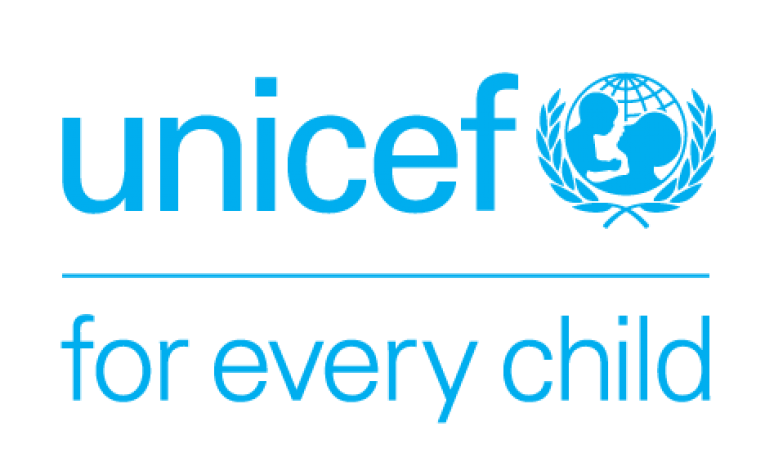COVID-19: One third of youth in Latin America and the Caribbean believe they are not at risk from disease, new UNICEF poll shows
New Delhi:A recent UNICEF poll among youth in Latin America and the Caribbean shows that only a third of the respondents chose all correct answers when asked how COVID-19 is transmitted.
More worryingly, about a third of the 10,500 young people surveyed in the region believe they are not at risk of contracting the disease. As South America is now seen as the new epicenter of the global pandemic, less than half of young respondents are able to identify their national coronavirus information websites.
“Not having the facts about the pandemic endangers the lives of youth and their families,” said Bernt Aasen, UNICEF Regional Director for Latin America and Caribbean. “But young people should not be blamed for being misinformed. These disturbing findings highlight the importance and urgency of reaching out to young people across Latin America and the Caribbean with the right information, especially those who with limited access to digital platforms.”
Carried out across 31 countries in Latin American and the Caribbean through mobile phone SMS, the poll indicates a concerning lack of knowledge around the symptoms, prevention and transmission of COVID-19. Only 44 per cent of young respondents felt that they were only somewhat informed on the virus overall.
“Young people exposed to COVID-19 are just as likely to get infected and be contagious,” wrote a 22-year-old from Trinidad and Tobago. “They should therefore strictly follow national guidelines on screening, testing, containment and care and practice social distancing.”
Over 40 per cent of all respondents cited traditional media as their main source of information on COVID-19, with 21 per cent citing social media and just 10 per cent choosing instant messaging services.
More positively, almost 95 per cent of youth respondents said that actions are needed to fight the pandemic although nearly half also believe that their communities are not fully prepared to deal with COVID-19.
“To all the young adults, teens or kids out there, please stay at home, wash your hands regularly and take the advice from the authorities seriously,” wrote a 17-year-old female responder from Brazil. “We’re going through some tough times, there’s a lot of pain, but we must remember that other people’s lives are our responsibility too. Stay well, stay safe.”
Administered through U-Report, a free and confidential mobile empowerment platform from UNICEF, the poll shines a light on the knowledge, thoughts and feelings of young people around the COVID-19 pandemic.
“It’s normal to be afraid or to worry about how we’ll overcome this,” said a 17-year-old boy from Honduras. “Only together, will we get through this.”
“In the coming days and weeks, the involvement of youth could be a game changer in the fight against the pandemic in Latin America and the Caribbean,” said Bernt Aasen. “It is critical to make reliable information not just accessible but also appealing to youth so they feel part of the solution, not the problem.”
Together with other UN agencies, NGOs and the private sector, UNICEF has been supporting government efforts in all countries across Latin America and the Caribbean to engage with younger audiences through a combination of digital and offline platforms used by young people themselves.
UNICEF is calling on traditional media, social media platforms and mobile operators to intensify their cooperation and efforts to promote life-saving practices about COVID-19 and curb misinformation among youth in Latin America and the Caribbean.

